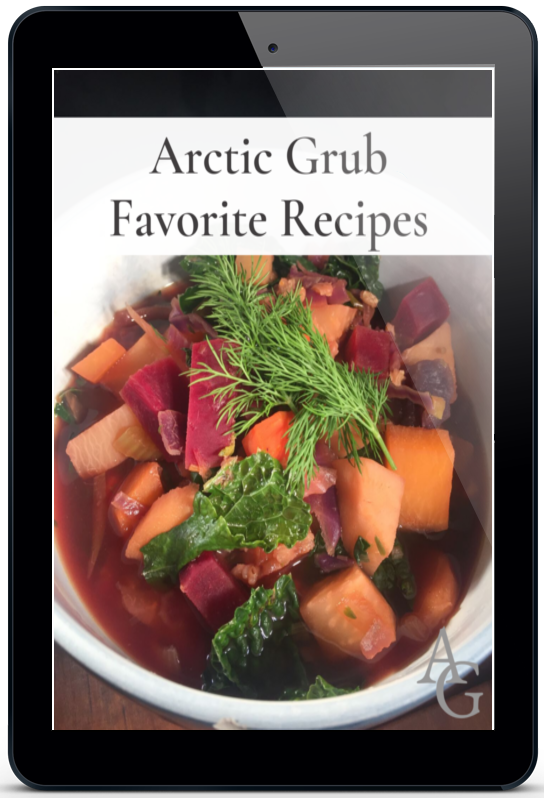When I decide to start my blog several years back, it stemmed from a desire to spread the word about Scandinavian, more specifically Norwegian, food and share with my readers that yes, we do eat foods beyond Swedish meatballs and smoked salmon.
Of course the latter inspired today’s post, as I’m always trying to find plant based versions of animal based dishes from my home country. When I veganized my blog three years ago, I was admittedly a tad worried I wouldn’t find things to write about, as 90% of our dishes consists of either meat, fish, dairy or eggs. But thanks to some very imaginative vegan cooks, and my own desire to use plants in a more diverse way, I have seen the most amazing creations being produced.
Which leads me to today’s recipe I would love to share with you, taking on the very famous smoked salmon dish so cherish by the Nordic countries. I might gain some enemies when I say that salmon is not at all “healthy”, the way it has been advertised in media and on many health websites. Salmon is in fact, half fat, which increases the risk of obesity and type 2 diabetes, and the fish derived Omega 3 found in fish inhibits the action of insulin, thereby increasing blood sugar levels and aggravating diabetes.
Most salmon out there now are in fact farmed salmon, which contain unhealthy levels of contaminants like PCB, arsenic mercury, dioxins and other chemicals that cause cancer. Commercial ships who are largely unregulated and heavily government subsidized, are cleaning the oceans of fish, particularly wild salmon, so eating this type of fish is now easier said than done. In fact, three quarters of stores who claim their fish is “wild caught” is in fact farmed.
According to the Norwegian government, the salmon and trout farms in Norway alone produce roughly the same amount of sewage as New York City. The huge amount of raw sewage, dead fish corpses, and antibiotic-laden fish food sludge settling below farmed salmon cages can actually cause the ocean floor to rot, destroying vital habitat for the already strained marine ecosystem and turning coastal waters into open sewers.
While you may not be ready give up fish entirely just yet if you are still consuming this food, I encourage you to do your own research on this topic, perhaps starting by reading these articles here, here and here. I always encourage everyone to come up with their own conclusions after reading studies and research that has not been funded by the specific industries of the product you are trying to read up about (reading articles from the fish industry on this topic would not be very objective, for instance).
All the information I’ve been studying for the past years, have made me want to come up with alternatives for fish but with the same taste. I’ve been able to recreate crab cakes using palm of hearts, “tuna salad” using chickpeas and “Fish” tacos using Gardein fishless filets with much success. And now… smoked salmon using carrots!
So how on earth can carrots taste like smoked salmon you say? It all comes down to using the flavorings that make up the original dish. Meat, for instance, wouldn’t taste very good if you eat it raw or just cook it without seasoning. It’s the rub, marinades and sauces you put on them that make up the dish. With smoked salmon, it’s salted and smoked – so for the “smoky” flavor I use something called “liquid smoke”, which is incredibly effective for re-creating the experience, and I add nori sheets, which is the Japanese word for for an edible seaweed species, to add the “fishy” flavors to the carrots. You will see nori sheets being used to make and wrap sushi. You can find nori sheets in your local health food store or at Asian specialty markets.

Seaweeds are incredibly healthy and helps boost your immune system, may lower blood pressure and may favorably alter estrogen metabolism by modulating women’s gut flora, resulting in decreased breast cancer risk, among other things.
Today, with the increasing wealth, access to and development of fast food chains in Norway, people who are obese, living with diabetes, and developing cancer and heart disease are on the rise. While people are in general eating more vegetables, the consumption of fish, meat and eggs have not gone down, and in many cases increased. It’s a well researched fact that everybody could do well with reducing animal based foods in their diet, but that doesn’t mean you can’t recreate the same experience and flavors in your favorite traditional dishes!
I hope you will try this dish with an open mind, and perhaps you even have vegetarians in your household that would appreciate eating a traditional, Norwegian dish!
I served my smoked “lox” on top of scrambled tofu (resembling eggs), with slices of red onion, cucumbers and a sprig of fresh dill. I also made home made rye bread with loads of seeds like sunflower seeds, chia seeds, pumpkin seeds and whole oats.
One recipe at a time… so here you go – and velbekomme!
SMOKED CARROT “LOX”
3 big carrots, peeled
1 nori sheet, crumbled into small pieces
1 tsp liquid smoke
3 tbsp soy sauce
1 tbsp extra virgin olive oil
2 tbsp chopped fresh dill
In a small bowl, combine the liquid smoke, soy sauce, extra virgin olive oil and fresh dill and set aside.
Using a vegetable peeler or a mandoline set on thin seeting, slice the carrots into large ribbons. The carrots should be thin but not paper thin or see through.
In an medium sized, oven proof dish (I used a Pyrex dish), place the sliced carrots and sprinkle the nori sheet crumbles over.


Add the liquid mixture and combine well.

Cover the dish with a lid or foil. Let sit for about 30 minutes.
Preheat oven to 400 degrees Fahrenheit, and bake carrots for about 20-25 minutes. Remove from oven and let sit to cool on top of stove with lid on. When it’s cool, place in fridge and let chill for at least 2 hours.
Now your carrot lox is ready – serve on bagels with vegan cream cheese, or home made bread like I did with scrambled tofu or chickpea “eggs” with red onion, cucumbers, capers and lots of fresh dill!











Can’t wait to try this recipe! Love your site. I’m planning an afternoon light lunch for my book club that features a book about some Norwegian U.S. immigrants at the turn of the last century. Since I’m vegan I was stressing about what to serve these carnivores, and be true to the tastes of Norway.
Hi Grace! Thanks so much for your message, so glad you came across my blog! I hope you will like this recipe – your book club sounds great! Enjoy and hope you will continue to stop by here! Sunny ❤️